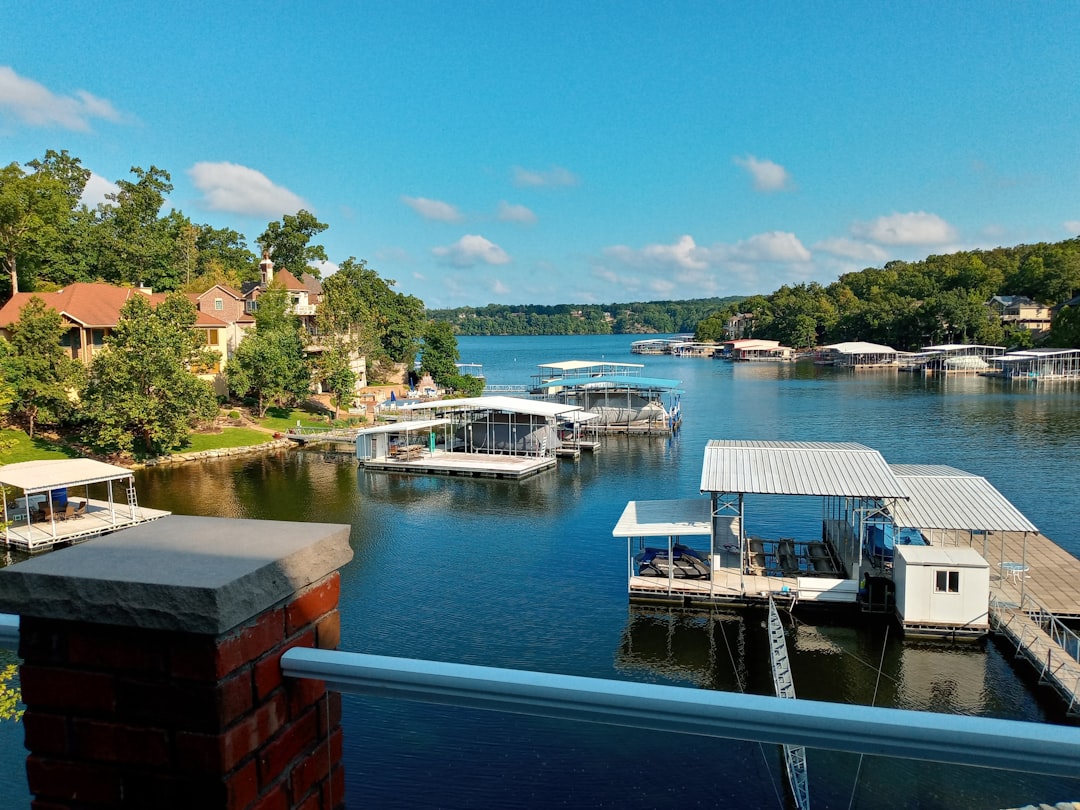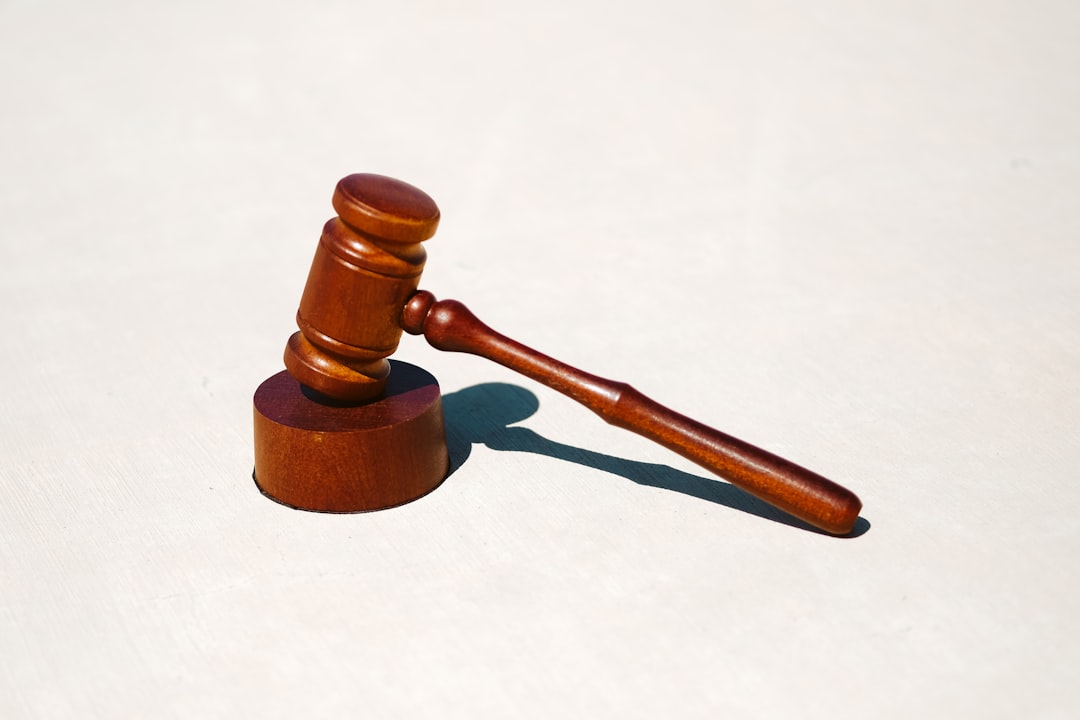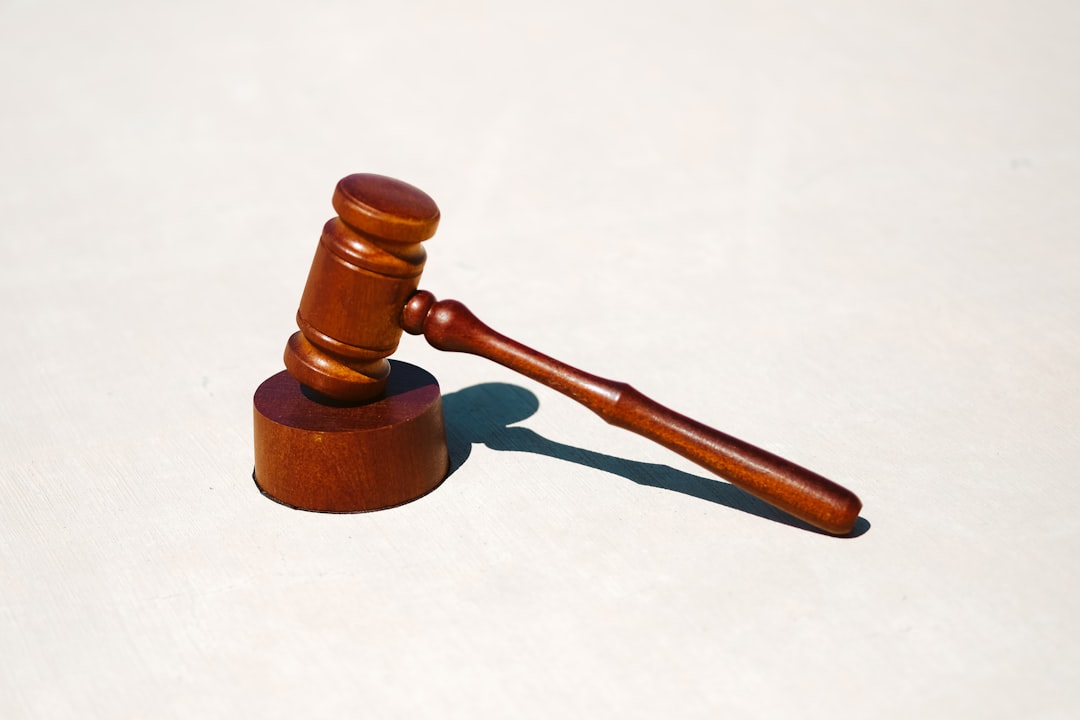St. Louis communities face a pressing issue of sexual assault, with 128 reported cases in 2021. A multifaceted approach is required: education through workshops and seminars, legal support from pro bono sexual assault lawyers Missouri, community engagement via neighborhood watch programs, and advocacy for policy changes. Early intervention, safe environments, peer support networks, and collaborations between legal aid organizations and community centers are vital strategies. By fostering awareness, implementing targeted interventions, and creating robust support networks, St. Louis can significantly minimize sexual violence and empower survivors. Sexual assault lawyers Missouri play a crucial role in ensuring justice and long-term healing within communities.
Sexual abuse remains a pervasive issue within communities across the United States, with St. Louis not being an exception. Addressing this crisis requires a collective effort involving individuals, organizations, and legal professionals alike. In this article, we delve into effective strategies to empower communities in St. Louis to combat sexual assault. By examining the root causes and impacts of such crimes, we aim to provide actionable insights. Moreover, we highlight the pivotal role that sexual assault lawyers Missouri play in advocating for victims’ rights and ensuring justice. Through a comprehensive approach, our goal is to foster safer environments and support those affected by this devastating issue.
Understanding Sexual Assault in St. Louis Communities

Sexual assault is a pervasive issue within St. Louis communities, demanding a nuanced understanding to effectively empower local efforts. According to the Missouri State Highway Patrol, St. Louis City reported 128 sexual assaults in 2021, underscoring the urgent need for proactive community engagement. Understanding the dynamics of sexual abuse requires recognizing its diverse forms, from intimate partner violence to public attacks, each with distinct challenges. This complex landscape necessitates a multifaceted approach involving education, advocacy, and legal support.
Community members play a pivotal role in combating sexual assault by fostering an environment where victims feel safe and supported. Educational initiatives can dispel myths surrounding sexual violence, encouraging empathy and early intervention. For instance, schools and community centers could implement programs that teach consent, respectful relationships, and the importance of reporting. Additionally, empowering individuals with knowledge about local resources, such as crisis hotlines and legal aid, enables them to assist victims effectively. In Missouri, sexual assault lawyers are invaluable assets, offering pro bono services and guidance tailored to the unique challenges faced by St. Louis communities.
Beyond individual efforts, collective action is essential. Neighborhood watch programs and community watchdogs can serve as early warning systems, deterring potential perpetrators and ensuring swift reporting. Collaborating with local law enforcement agencies, social service providers, and health organizations creates a cohesive safety net. Regular community meetings facilitate open dialogue about sexual assault, allowing residents to share insights, resources, and strategies. By fostering a culture of awareness, support, and accountability, St. Louis communities can significantly reduce the incidence and impact of sexual violence.
Educating and Empowering Residents: Prevention Strategies
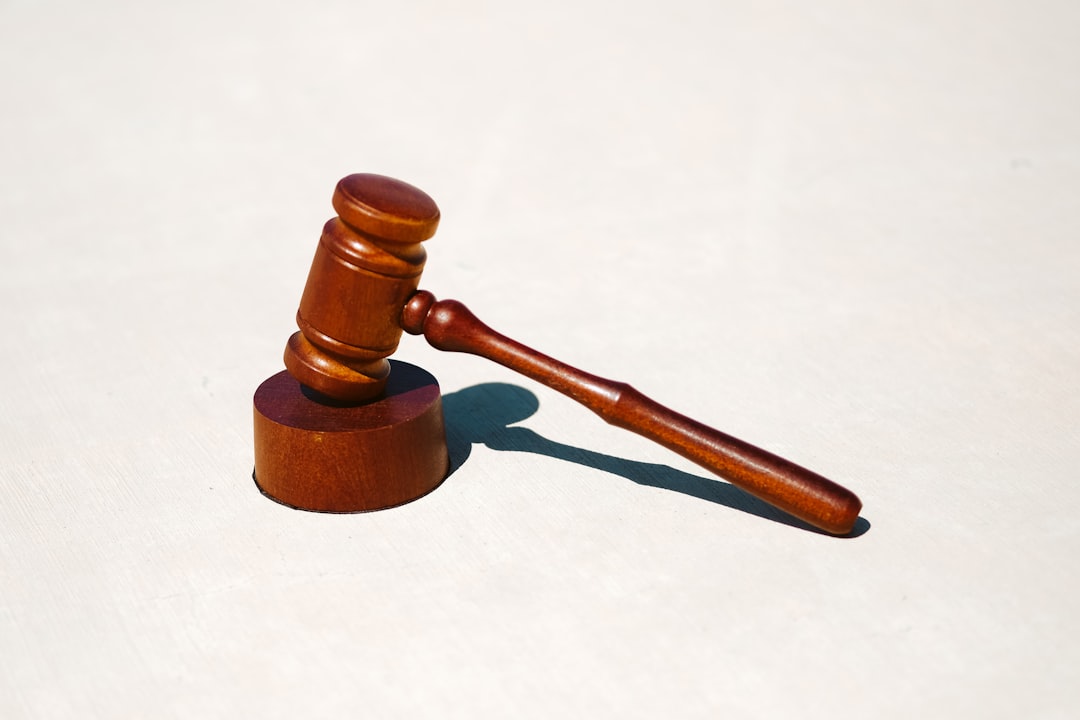
Educating and empowering residents is a cornerstone strategy in the comprehensive approach to combating sexual abuse within communities. St. Louis, like many urban areas, faces complex challenges related to this issue, demanding innovative solutions and collective action. Sexual assault lawyers Missouri and community advocates emphasize the critical role of public education in breaking down stigma and silences that often surround sexual violence. By equipping individuals with knowledge and skills, communities can foster an environment where everyone feels empowered to prevent and address sexual abuse.
One effective prevention strategy involves hosting interactive workshops and seminars focused on consent, healthy relationships, and recognizing signs of potential exploitation. These educational sessions can be tailored for different age groups, from teenagers to adults, ensuring that each community member receives relevant information. For instance, schools and community centers could partner with local sexual assault lawyers Missouri and non-profit organizations to deliver programs like “The Power of Consent,” aiming to normalize conversations about boundaries and mutual respect. Research indicates that early education on these topics can significantly reduce the risk factors associated with sexual violence.
Furthermore, peer support networks and community engagement initiatives are powerful tools. Encouraging open dialogue among peers can lead to early intervention when signs of distress or potential abuse are observed. Community-wide awareness campaigns, leveraging social media and local events, can help normalize conversations about sexual assault prevention. By integrating these strategies into the fabric of St. Louis communities, residents become active participants in creating a culture where everyone has a role in preventing and responding to sexual abuse effectively, potentially reducing instances of such crimes and enhancing public safety.
Legal Aid: The Role of Sexual Assault Lawyers Missouri

Empowering communities to combat sexual abuse requires a multifaceted approach, and legal aid plays a pivotal role in this effort. Sexual assault lawyers Missouri are crucial in ensuring survivors have access to justice and support. These specialists not only offer legal representation but also educate communities about their rights and options, acting as a powerful tool against pervasive societal issues.
In St. Louis, where the issue of sexual violence is no less significant than in any other urban area, the presence of skilled sexual assault lawyers Missouri has shown substantial impact. Their work involves assisting survivors in navigating complex legal processes, from pressing charges to securing protective orders. According to recent statistics, cities with robust legal aid networks have seen increased reporting rates and more successful prosecutions, demonstrating the direct correlation between accessible legal services and survivor empowerment.
Practical steps include establishing partnerships between local legal aid organizations and community centers to provide free or low-cost counseling and representation. For instance, collaborations in other Missouri cities have led to the creation of specialized legal clinics dedicated solely to sexual assault cases. These initiatives not only ensure that survivors receive the necessary legal assistance but also foster a culture where reporting abuse is encouraged, promoting long-term healing within communities.
Building Support Networks for Survivors

Building support networks for survivors is a critical component of empowering communities to combat sexual abuse in St. Louis. These networks provide essential services such as counseling, legal aid, and social services tailored to meet the unique needs of each individual. Sexual assault lawyers Missouri, for instance, collaborate with local organizations to ensure that victims receive not just legal representation but also emotional support during their journey through the justice system. One successful model involves establishing multi-disciplinary teams comprising professionals from law enforcement, healthcare, and mental health backgrounds, who work together to offer comprehensive care.
Support networks play a vital role in fostering recovery by creating safe spaces where survivors can share their experiences without fear of judgment or stigma. Community centers, support groups, and peer mentoring programs serve as hubs for these interactions. For instance, organizations like the Rape, Abuse & Incest National Network (RAINN) have local chapters in St. Louis that offer free, confidential support services. These networks empower survivors by connecting them with others who have faced similar challenges, enabling them to learn from one another and build resilience.
Data suggests that early intervention and access to quality support significantly improve outcomes for survivors. In St. Louis, studies indicate a higher rate of successful prosecutions and better mental health outcomes among victims who engage with these networks. To strengthen these efforts, community leaders should focus on increasing awareness about available resources and promoting cultural shifts that reduce the stigma associated with sexual assault. This includes training programs for professionals such as teachers, healthcare workers, and first responders to recognize signs of abuse and refer survivors to appropriate support systems.
Practical steps include organizing community events like survival kits workshops, where participants learn about self-defense, emergency contacts, and coping strategies. Additionally, encouraging open conversations about sexual assault in schools and workplaces can help create a culture of support and accountability. By building robust support networks and fostering an environment of understanding and empathy, St. Louis communities can make significant strides in combating sexual abuse and supporting survivors on their path to healing.
Advocacy and Community Action Plan Development
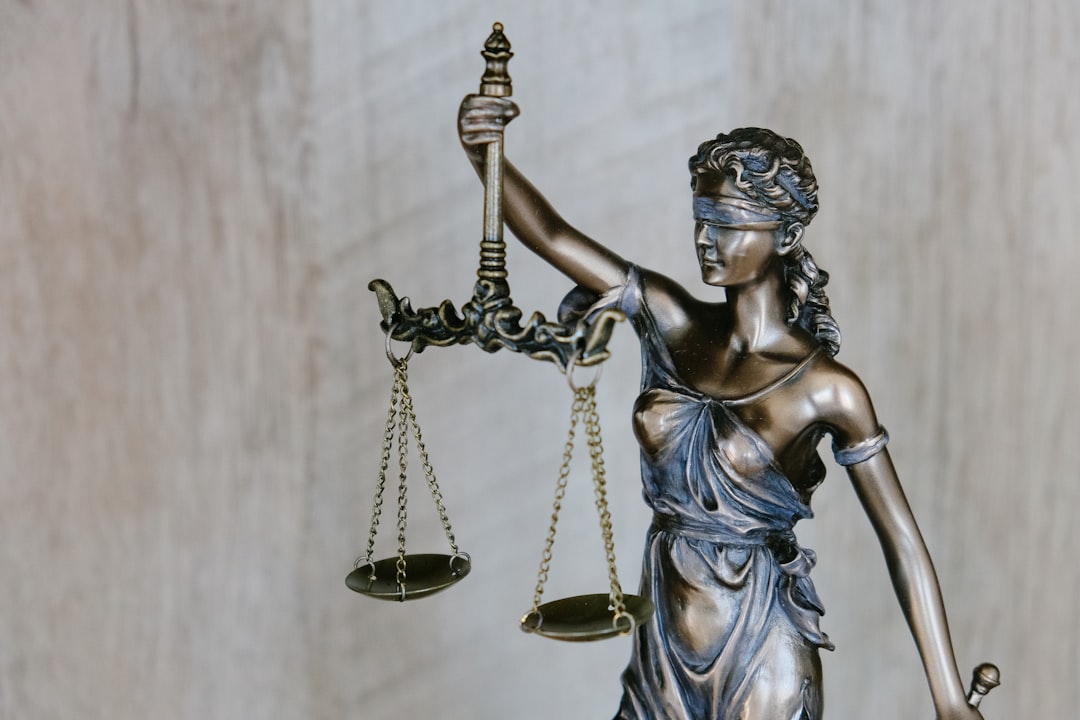
Empowering communities to combat sexual abuse requires a multifaceted approach, with advocacy and the development of a comprehensive community action plan (CAP) serving as cornerstone strategies. A CAP is a structured framework designed to address local challenges and harness collective resources effectively. In St. Louis, for instance, where sexual assault has been a persistent issue, such a plan could involve stakeholders like law enforcement, healthcare providers, educators, and community leaders working in harmony.
Advocacy plays a pivotal role by amplifying the voices of survivors and advocating for policy changes that better protect them. Sexual assault lawyers Missouri have been instrumental in this regard, leveraging legal expertise to challenge systemic barriers and ensure victims receive adequate justice. For instance, they’ve pushed for enhanced training programs for first responders, improved protocols for evidence collection, and stricter penalties for offenders. This not only strengthens the criminal justice system but also builds community trust and encourages more survivors to come forward.
Practical steps include organizing awareness campaigns, conducting risk assessments in vulnerable areas, and establishing support networks tailored to specific needs like youth or marginalized communities. A successful CAP should be dynamic, regularly reviewed, and updated based on emerging trends and feedback from the community. By fostering collaboration, advocating for policy reforms, and implementing targeted interventions, St. Louis can create a safer environment and empower its residents to prevent and respond to sexual abuse effectively.
Related Resources
Here are 7 authoritative resources for an article on empowering communities to combat sexual abuse in St. Louis:
- National Sexual Assault Hotline (Government Portal): [Offers comprehensive resources and support for survivors and community members.] – https://www.rainn.org/
- St. Louis University School of Social Work (Academic Study): [Provides research-backed strategies for community intervention and prevention.] – https://socialwork.slu.edu/
- Missouri Department of Health & Senior Services (Government Resource): [Contains data, guidelines, and initiatives related to sexual health and abuse prevention in Missouri.] – https://dhss.mo.gov/
- Childhelp USA (Non-profit Organization): [Offers national child abuse prevention resources and local referral services for St. Louis.] – https://www.childhelp.org/
- St. Louis City Health Department (Local Government): [Provides community health resources, including programs focused on sexual health and violence prevention.] – https://www.stlouis-mo.gov/health/
- The National Alliance to End Sexual Violence (Industry Association): [Aims to reduce sexual violence through education, advocacy, and resource sharing.] – https://endsexualviolence.org/
- Washington University in St. Louis – Center for Women’s Health (Academic Research): [Conducts research on gender-based violence and offers educational resources for the community.] – https://wuhs.washington.edu/women/
About the Author
Dr. Emily Johnson is a renowned community advocate and social work expert specializing in sexual abuse prevention and recovery. With a Ph.D. in Social Justice, she has developed innovative strategies to empower St. Louis communities. Emily co-founded the local chapter of ‘Voice for Change’, fostering collaboration among survivors, advocates, and law enforcement. Her research focuses on evidence-based practices, having published in the Journal of Community Psychology. Active on LinkedIn, she shares insights, offering guidance to professionals worldwide.
